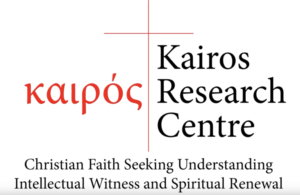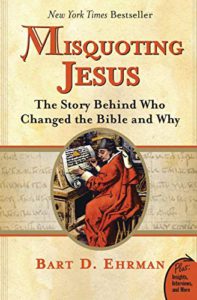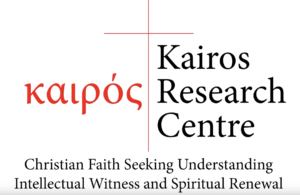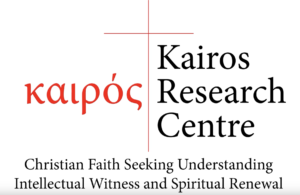 𝐏𝐚𝐫𝐭 𝟐: 𝐅𝐢𝐧𝐞-𝐭𝐮𝐧𝐢𝐧𝐠 𝐨𝐟 𝐭𝐡𝐞 𝐔𝐧𝐢𝐯𝐞𝐫𝐬𝐞 𝐚𝐧𝐝 𝐈𝐧𝐭𝐞𝐥𝐥𝐢𝐠𝐞𝐧𝐭 𝐃𝐞𝐬𝐢𝐠𝐧
𝐏𝐚𝐫𝐭 𝟐: 𝐅𝐢𝐧𝐞-𝐭𝐮𝐧𝐢𝐧𝐠 𝐨𝐟 𝐭𝐡𝐞 𝐔𝐧𝐢𝐯𝐞𝐫𝐬𝐞 𝐚𝐧𝐝 𝐈𝐧𝐭𝐞𝐥𝐥𝐢𝐠𝐞𝐧𝐭 𝐃𝐞𝐬𝐢𝐠𝐧
𝐐𝐮𝐞𝐬𝐭𝐢𝐨𝐧 11: Does evolution render the concept of “irreducible complexity” redundant?
𝐃𝐢𝐬𝐜𝐮𝐬𝐬𝐚𝐧𝐭𝐬: Dr. Ng Kam Weng and Dr. Rodney Toh.
You are welcome to join the discussion at:
Does evolution render the concept of “irreducible complexity” redundant?
Please forward this message if you find the video discussion helpful.
 Bart Ehrman’s primary mission in life is undeniable. It is to discredit Christianity and to deconvert Christians from their faith. Ehrman’s attack on Christianity has been effective because he claims to be speaking as an objective historian (which is debatable), in contrast to apologists and theologians defending their faith and because he is speaking as a lapse fundamentalist with insider-knowledge. Ehrman’s attack on Christianity is comprehensive, but I shall only highlight three of his favorite lines of attack on Christianity.
Bart Ehrman’s primary mission in life is undeniable. It is to discredit Christianity and to deconvert Christians from their faith. Ehrman’s attack on Christianity has been effective because he claims to be speaking as an objective historian (which is debatable), in contrast to apologists and theologians defending their faith and because he is speaking as a lapse fundamentalist with insider-knowledge. Ehrman’s attack on Christianity is comprehensive, but I shall only highlight three of his favorite lines of attack on Christianity.  Series: Fine-tuning of the Universe and Intelligent Design
Series: Fine-tuning of the Universe and Intelligent Design
